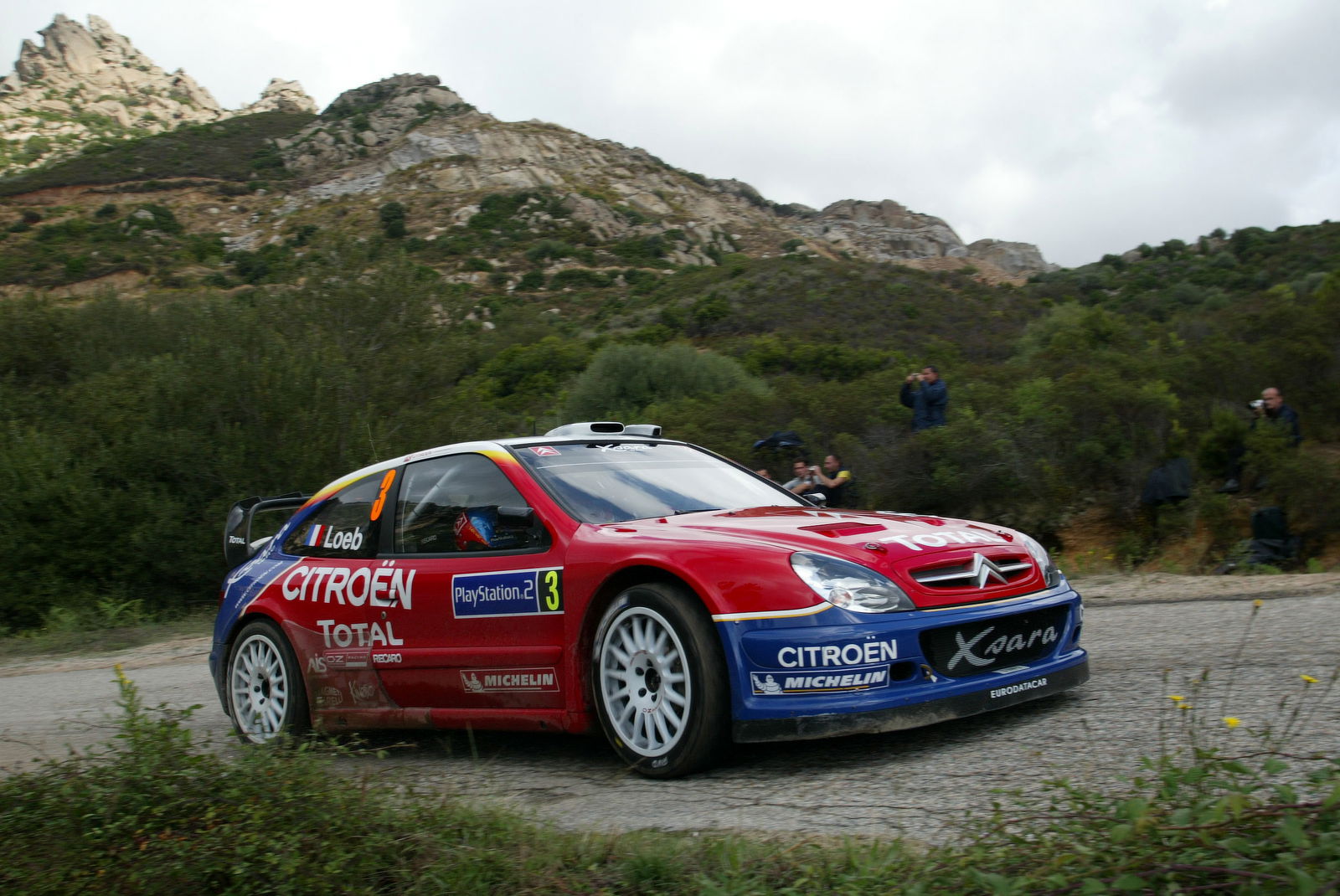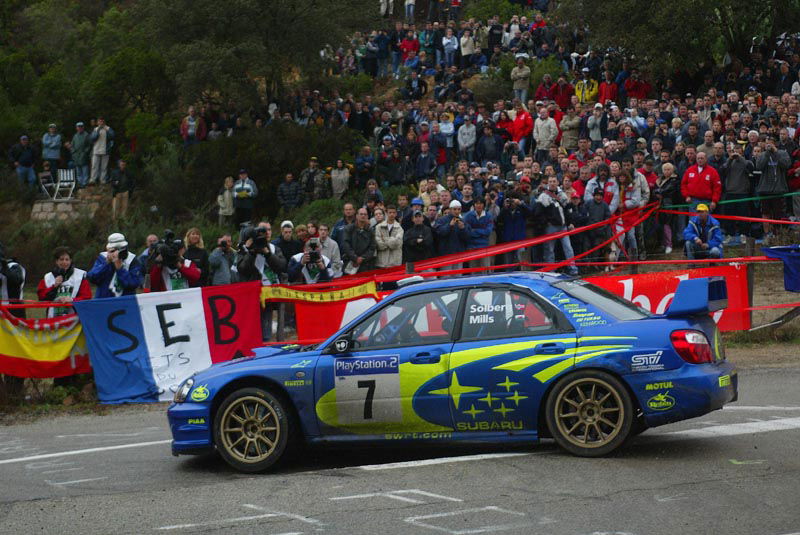Q&A: Cedric Robert.
To fly its colours on the next two WRC rounds which take place on asphalt, Peugeot team leader Marcus Gronholm will join forces with two special recruits: Cedric Robert and Freddy Loix. Here Robert talks about the forthcoming Rallye de France-Tour de Corse...
Q:
Cedric, what is your personal experience of the Tour of Corsica?
Cedric Robert:

To fly its colours on the next two WRC rounds which take place on asphalt, Peugeot team leader Marcus Gronholm will join forces with two special recruits: Cedric Robert and Freddy Loix. Here Robert talks about the forthcoming Rallye de France-Tour de Corse...
Q:
Cedric, what is your personal experience of the Tour of Corsica?
Cedric Robert:
I have already taken part in this event at the wheel of three different Peugeot models: the Group N 306, the 206 Super 1600 and the 206 WRC, and I'm delighted to be adding another car to that list, the 307 WRC. For me, the Tour of Corsica has always had something magical about it, even in its more compact form today.
Q:
Will the fact that this year's route is made up of just six different stages to be run twice each call for a specific approach?
CR:
It will be important to stay concentrated over the full distance of each stage. I know all forty kilometres of the longest stage after doing it last year. I also have good knowledge of the final leg and, in all, we only have some 50 km of new notes to take. In terms of driving style, this year's format doesn't change much since all WRC rallies are pretty much flat out affairs from start to finish today.
Q:
What sort of result are you hoping for?
CR:
The Corsican stages are similar to those we come across in the French Rally Championship. It's also a rally I like and I set some decent times on last year's event driving a customer specification 206 WRC. At this point in the championship, our mission will be to show what the 307 WRC is capable of on asphalt. Corrado Provera and Jean-Pierre Nicolas have given us a free rein so, if we have a problem-free run and don't make any mistakes, I think a podium finish is possible.
Q:
How confident do you feel after your recent asphalt test session?
CR:
I feel very confident now the problems we came across in Germany, notably a rather nervous rear end, have been cured.
Q:
What are the 307 WRC's strong points on asphalt?
CR:
To begin with, its precision and the fact that it is easy to drive. It's enjoyable to drive and usually, when that's the case, performance comes naturally.
Q:
What qualities do you look for especially from a car on an event such as Corsica?
CR:
We can switch suddenly from fairly polished asphalt to narrower, bumpier and more abrasive portions, so the car needs to feel as constant as possible, especially given the tendency in 2004 towards long stages during which tyre management will be important. The car's suspension, and its 100% Peugeot-built shock absorbers will be important. I was very pleased with them during our last test session.
Q:
What does Corsica demand more especially of a driver?
CR:
You need good notes and that is a big help as far as confidence is concerned. Being strong mentally is also one of the keys. You need to feel comfortable at the start of long stages convinced that you have the ideal car/tyre package and then let yourself go.
Q:
Do you expect tyres to play a big role if it rains?
CR:
Of course. We ran well in the wet in Germany where we had three distinctly different types of stage each day. In Corsica, however, you can frequently come across big differences in the type of surface in a single stage with sudden changes in grip. Even though we have to nominate our tyres upstream of the event in keeping with the FIA rules, tyre choice in itself shouldn't be a crucial factor, although a storm can always break out and turn everything on its head, but that's the case whatever your choice. Then it's driving skill that comes into its own.

